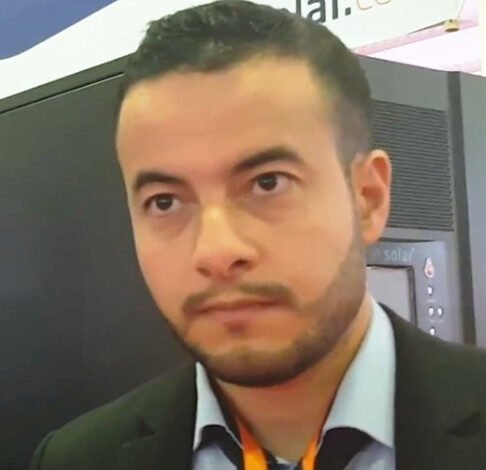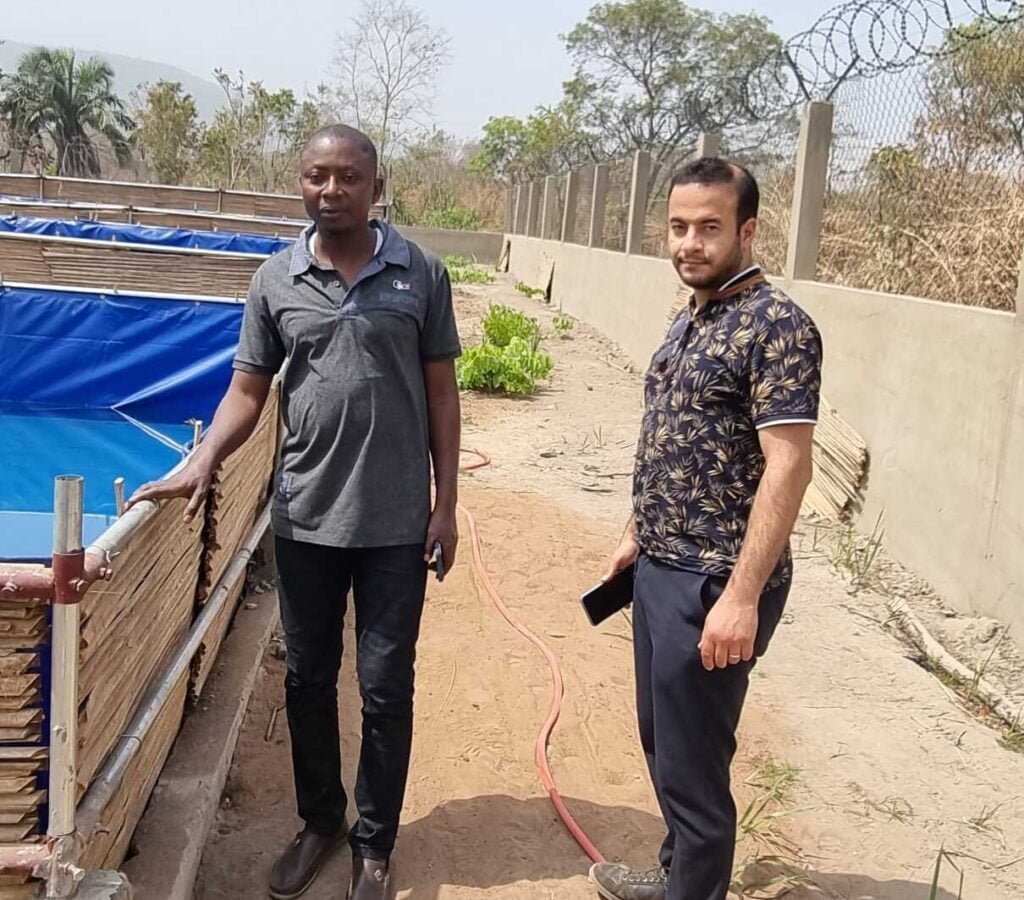Mounir Jamaï : “the company I worked for became my first client”
An engineer by training, Mounir Jamaï found himself in agritech through a combination of circumstances. Here he recounts the ups and downs of this change of direction, and the many challenges that stand in the way of high performance farming using the most advanced technologies.

By the editorial team
Mounir, can you tell us about your career change from engineering to agritech?
I’m 41 years old. I was trained as an engineer. I was born, grew up and studied in Paris. I followed a rather atypical path. After a baccalauréat in electronics, a BTP in electrical engineering and a degree in electrical engineering, I was in a hurry to get a job. So I started as a design engineer in the agro-food industry, then in printing. I helped design robots. At the same time, I took evening classes in electrical engineering.
I wanted to be an engineer, but I had to work. That’s how I managed to combine the two. In the end, I never left school. I went to night classes for people in their forties and fifties… Then I got my degree and started applying for jobs as an engineer. With the crisis (of 2008), there were no prospects in the company I was working for. So I joined a subsidiary of the SNCF that was involved in metro and TGV engineering. I worked on the energy side, everything to do with power stations and so on. I learnt a lot there from 2008 to 2011. It was still the ‘railwayman’ spirit, where you like to pass on knowledge. After that, there were some minor upheavals. The company, which was small, was about to be swallowed up by a larger one. My career plans were called into question. So I decided to quit and start my own business. Ironically, the company I worked for became my first client. It accounts for 40% of my turnover. I handed them my letter of resignation with my left hand and my business card with my right. The others are also former colleagues.
What were your objectives when you set up NRCI?
I founded the NRCI in 2012. Historically, it was to be present in the transport infrastructure markets (metro, tramway, station maintenance). But since then we’ve diversified. We are now active in energy, energy efficiency and renewable energy. We’re also looking to expand internationally. We have opportunities in West Africa. In 2018, we won a tender that led to the opening of a Moroccan subsidiary. We have set up a research and development department and designed our first technological innovations. The first, a smart robot for cleaning PV power plants, has won several awards. We are working on this project with the subsidiary of a research centre that is part of the OCP Group. A strategic partnership with Green Energy Park means that we are part of the OCP ecosystem, which is developing a number of renewable energy projects. The mining environment is very dusty, so they need this robot.
At the same time, we have developed other businesses, including a 100% Moroccan smart meter. It is a solution to help farmers with training and irrigation. These three solutions arose from problems that we encountered in our energy activities.

You have an agritech program in West Africa. What impact is it having?
We’re working on the energy transition, saving energy, limiting the carbon footprint… We’re also working for farmers who sell their produce on the local market.
With the e-learning application that promotes agroforestry, we can move towards more sustainable agriculture. In fact, the e-learning application is ready with about ten training courses. At the same time, the agritech is being tested by three farmers. We’re ready to go to market. We’ve had a number of requests from Morocco, and we’re about to launch a program in Togo that will allow us to work in several villages. To penetrate the West African environment, we have developed an ASIWA (Autonomy with Solar Energy in Africa) program based on the water, energy and agriculture nexus.
Given the current global crisis, how can agritech respond to the challenge of food sovereignty in Africa?
Today, 70% of the world’s arable land is in Africa. The Democratic Republic of Congo alone can produce for humanity. But if we look at the economic models, they are based on subsidies. We have to change our model.
To achieve the goal of sustainable and profitable agriculture, we need to focus on technology. And most importantly, we need to take a chain view, not a sectoral view. We can’t just look at agriculture, we have to look at energy, the environment, etc.






